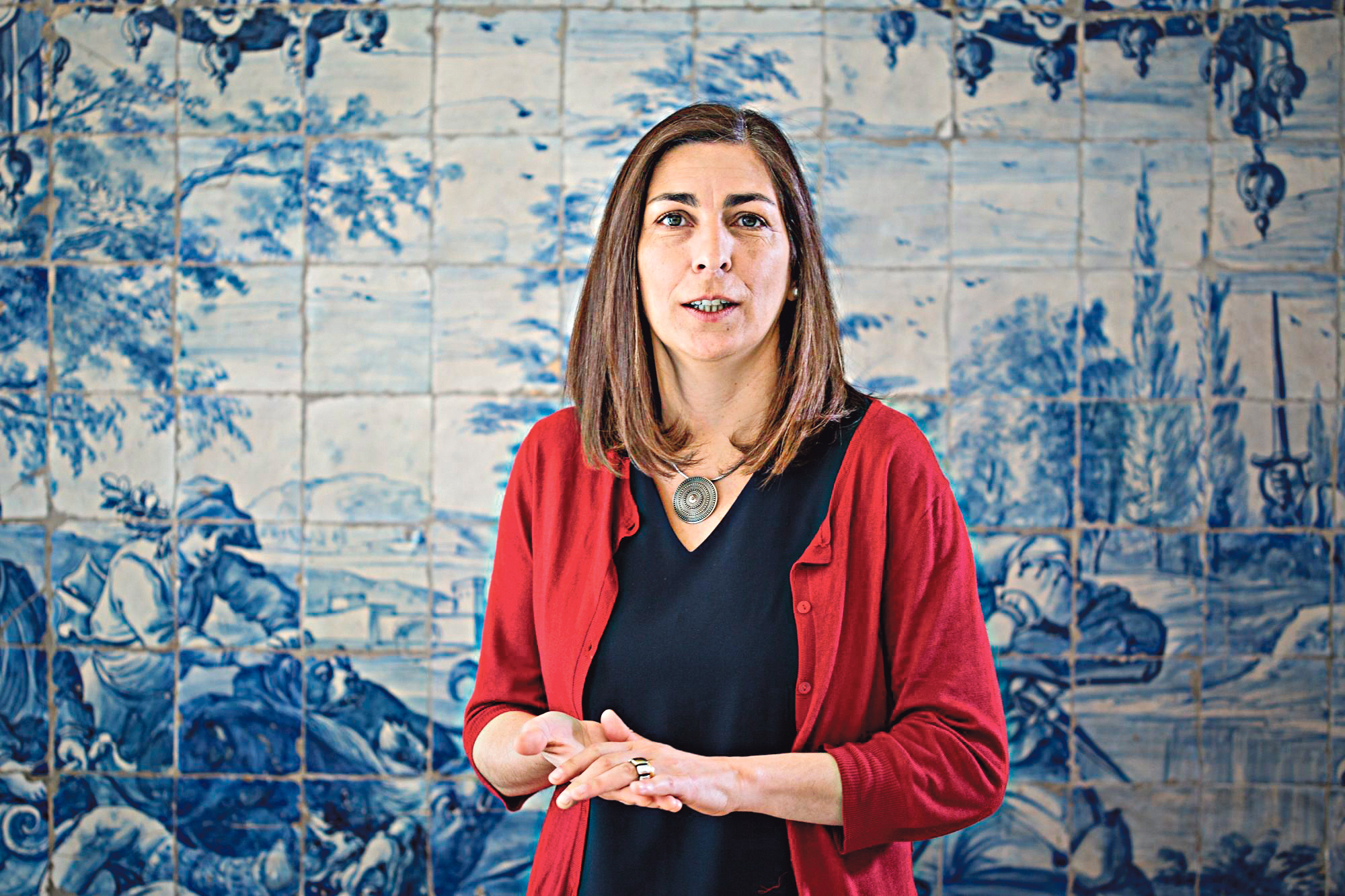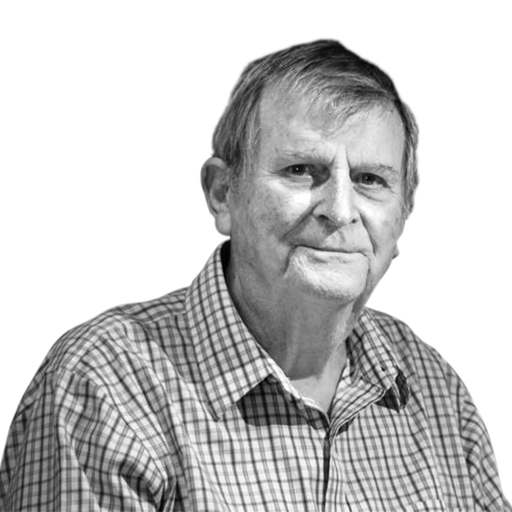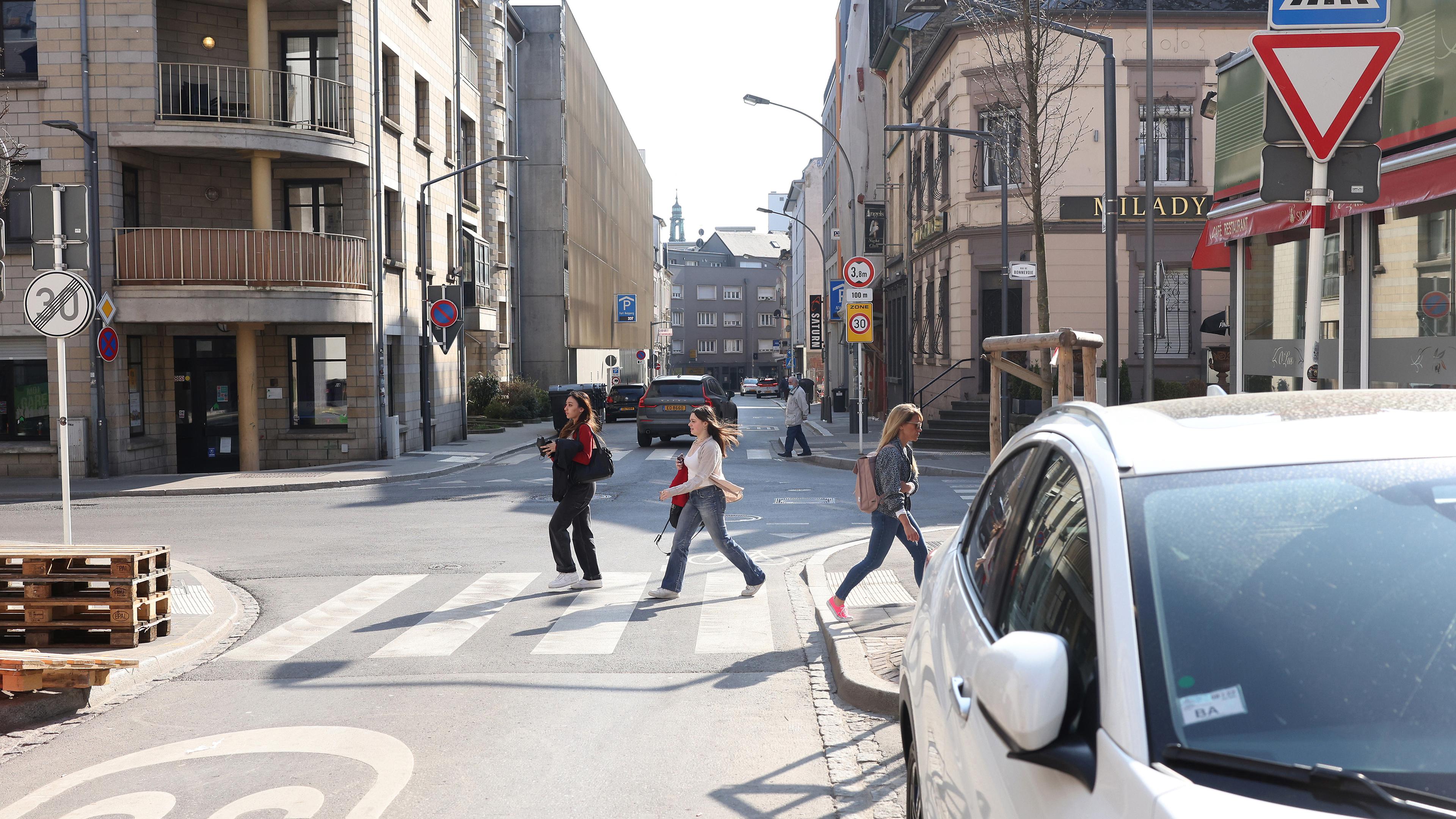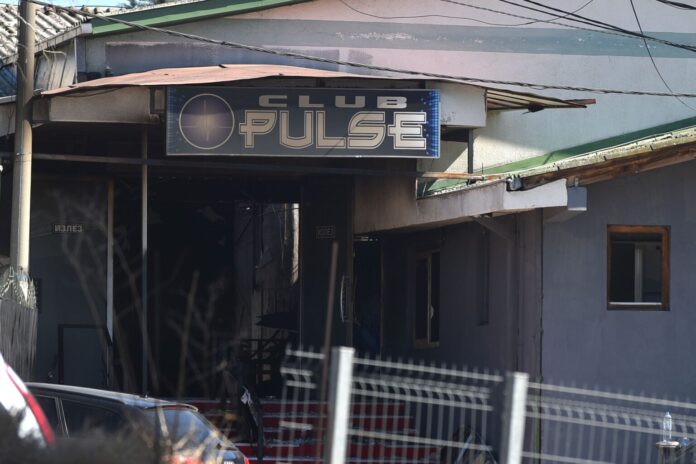Ana Catarina Mendes. ‘Federalism is the way to do within the European Union’

He released a book yesterday, on the day of the court of the signing of Portugal’s adhesion treaty to EEC, for the 75th anniversary of the Schuman statement. The work gathers contributions from relief authors who, in one way or another, helped shape the European character of Portugal. What did you have in mind when you decided to coordinate a book from gender?
The first thing is a restlessness with the world and the future of our democracies and Europe and, therefore, the importance of the European project and the reinforcement of this project in the international framework. Secondly, since, on May 9, the 75th anniversary of the Schuman declaration was celebrated, my idea was to start from this foundational act of the then CEE, today European Union, and put a set of people who had, or who have, European responsibilities, since Euro, former communities, the former President of the European Council, the former president of the European Council, the former president of the European Council, Former vice president of Ki. Finally, putting people who over the years have designed the image of Portugal in European institutions and contributed to the deepening of the European project, thinking about the coming years. We have a very demanding set of challenges. We see our democracies under attack of foreign interference or hybrid attacks, the power that today social networks have in the dissemination of false information or in the manipulation of information. It is up to us to take care of European values. And, on the other hand, I didn’t want a look at the Socialist Party. I wanted a look from other political quarters and so João Oliveira, Catarina Martins, Sebastião Bugalho, José Ribeiro and Castro also write that which is his perspective, because this is the foundational basis of the European Union, we can unite in diversity.
We also widened the book to culture. Stefan Zweig said his big dream was a European Europe. And in fact, culture makes bridges between the Member States, between cultures and between people. Therefore, Tiago Rodrigues, who is today director of the D’Avignon Theater, Rodrigo Francisco who is the director of the Almada Theater, Jorge Vaz de Carvalho, writer, or Pedro Amaral, composer, are approximations and looks at the society that I think are enriching the European project. I also remembered Dino d’Artiago that it has played an absolutely extraordinary role in the integration and inclusion of the most vulnerable young people, and I think Europe has shown, over seventy-five years, that it has been able to build a strong social state, capable of embracing and finding solutions for all. Today, these are also challenges that are placed on the future of Europe: the sustainability of our social model, our democracy and the ability of Europe to face challenges such as security, and so the policy of defense and security is also mirrored by Nuno Severiano Teixeira and António Vitorino himself.
Mentioned the cultural aspect. It is clear that there is a special emphasis on the book. Do you believe that, at this moment, in Portugal and Europe, we watched a setback in this important vector?
I think it’s very important. When we look at some United States who are banning foreign students or removing content from the universities themselves, when we begin to hear a certain revisionism in some member states about specific sectors of culture or when we watch the brutality we watched yesterday at the door of the tent, which is historically a theater with a fundamental cultural and social intervention for the construction of our democracy and the maintenance of our freedom, I think this book is also very important. cultural. It is precisely through education and culture that we get democratic values to be respected and known.
Returning to the point of the distinct personalities of different political quadrants. There are completely opposite prospects from Francisco Loução to Sebastião Bugalho, from José Ribeiro and Castro to Catarina Martins. Certainly the ideas of Europe of both are not aligned. Was this choice a way of demonstrating that ideological diversity can live within the European Union, even if some postures can be considered Euro?
That’s it. It is the demonstration that democracy is built with everyone’s voice. We may not agree with each other, but we know that feeding democracy is respecting each other’s opinion, knowing how to discuss, knowing how to find the commitment, knowing how to dialogue and knowing how to establish bridges. This is how our modern democracies were built, this is how Portugal has lived over the last fifty years of democracy and this is how the European project must continue to exist – in diversity and making this diversity not a weakness but a force to improve our democracies.
But looking at the list of authors, I notice that there are no contributions from the right to the right of the European Popular Party (PPE), ie, the ECR or the patriots. What is the justification for this?
Because I chose the democratic field. And I think today we have a big challenge, that is the challenge among Democrats and those who do not like democracy, the antidemocrats. Therefore, I find a vision of democracy necessary and that we continue to defend the values that brought us progress.
That is, do you consider that both the ECR and the patriots are not inserted in the democratic field?
They are democratically elected, but I have seen the permanent attacks on democracies. That is, when they are against education, or when they are against the needs of taking attitudes in the face of climate change they consider that they do not exist, or when they consider that freedom of expression is their freedom of expression, but not freedom of expression as a fundamental right. So, yes, I think the far right has an agenda of destruction of democracies.
Returning to the Schuman statement, which is the starting point of this work. Schuman said that the creation of the Ceca would be the « first stage of the European Federation. » As we know, over the past 75 years, this was not possible. Do you believe that in a political conjuncture like the current, fractured and where Euroceticism is growing, this path can still be done?
I believe that federalism is the way to do within the European Union. I believe it is still possible to do. There are many democrats, many people who continue to believe that this is the best space to develop our societies, and therefore, I believe in federalism.
Do you think there are solid bases that allow this?
I think we need to continue to work. And yes, I think there is conditions to follow this path. First of all, what we are at this time to do as to the policy of defense and security, in what should be the reinforcement of our economy and the unique market. So yes, I think there is room for us to be able to walk toward federalism.
Finally, and using the book subtitle, what future for Europe?
I hope it is a future that guarantees the mobility of our citizens, the ability to qualify, the improvement of jobs and employment conditions, but also the improvement of wages, which remains a strong social Europe, which in climate change responds with social justice what are the great challenges, that the digital revolution can boost our economies, but at the same time, to ensure that wages improve and that people live in better conditions. Therefore, the future of Europe is to continue to deepen a Europe of progress, social justice and solidarity.







/s3/static.nrc.nl/images/gn4/stripped/data133763942-2664d1.jpg|https://images.nrc.nl/3etQYX-Fxo1dHsELkmQXJW82uCI=/1920x/filters:no_upscale()/s3/static.nrc.nl/images/gn4/stripped/data133763942-2664d1.jpg|https://images.nrc.nl/D-YGWImXsope3n9NDLc7VMM5EnY=/5760x/filters:no_upscale()/s3/static.nrc.nl/images/gn4/stripped/data133763942-2664d1.jpg)
